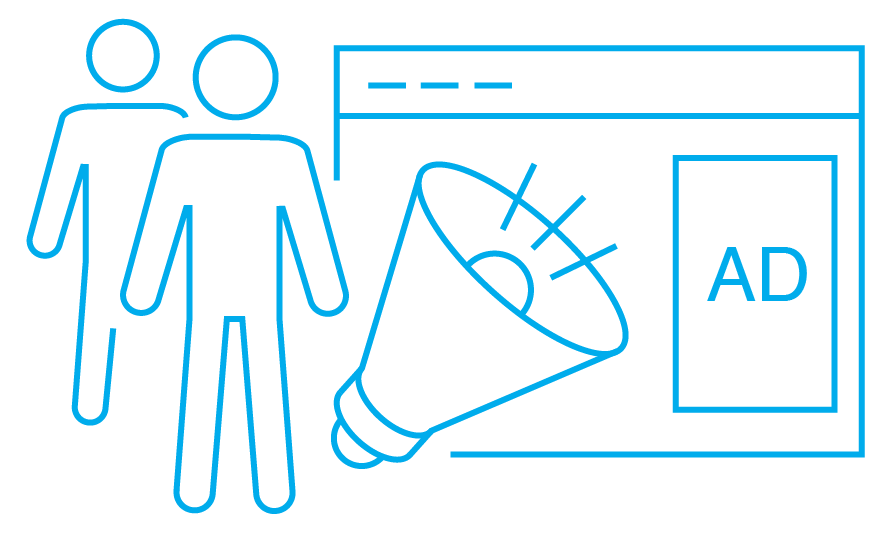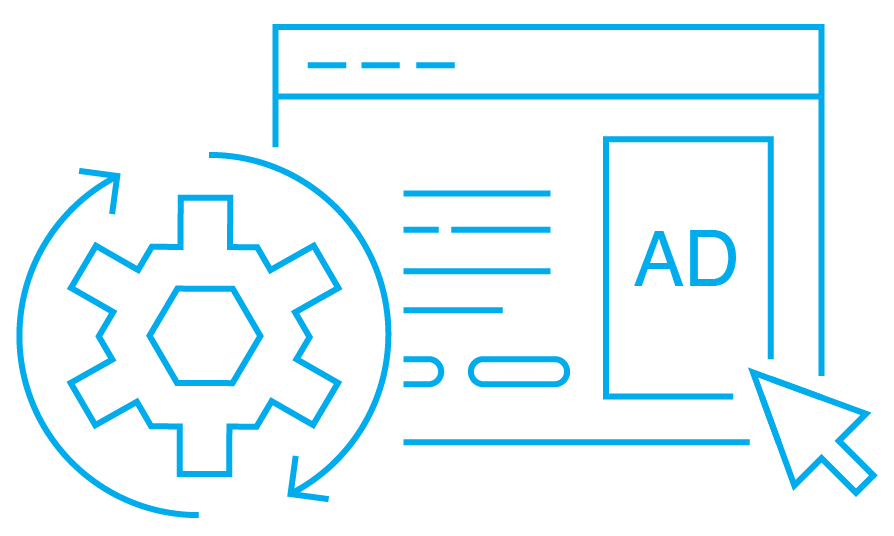- Worldwide Ad Spending 2022
- UK Ad Spending 2022
- How will marketers curb their third-party cookie cravings?
- Google will allow users control how ads are personalized on Search, YouTube and elsewhere
- CTV benefits from cookies’ decline
- GDPR’s effect on app innovation and the problem with evidence
We have compiled the most important news from the data, online advertising and programmatic market from 1st May 2022 to 24th May 2022. Check out what happened in the last two weeks on the data & programmatic market.
Worldwide Ad Spending 2022
In the last few years, spending on digital advertising has risen considerably. As the study proves, this ongoing trend will continue. The latest research shows how spending has changed since 2021 and how the market will grow till 2026.
More and more ad spending is going digital. This year, the total cost of digital ads is expected to hit $602.25 B and the number will progress year to year. In 2026 digital advertising is expected to consume 74% of total ad spending and will reach $876.1B.
UK Ad Spending 2022
The UK is a digital advertising powerhouse 77% of total ad spend is on digital advertising. It is currently the second country in the world with such a large digital ad spend, and its market presence is set to grow. The value is expected to double over the period 2020-2026.
In the last two years, digital ads gained an additional £10B. Now, the value of the market is estimated to total £25.84B and the number is expected to exceed £34B.
How will marketers curb their third-party cookie cravings?
86% of marketers rely on 3rd party cookies. However, many of them will be forced to seek for an alternative due to the withdrawal of 3rd party cookies in Chrome.
The closest alternative to 3rd party cookies is 1st party cookies. It is a solution on which many marketers base their activities. However, in the face of the new era without 3rd party cookies they are given more importance.
Opinions are, however, strongly divided. 36% believe that purchase history will be the most valuable data. On the other hand, social media is coming into the spotlight with 32%. Also 31% decided to draw more attention to website registration.
If you want to discover more alternatives for 3rd party cookies, check out our previous post.
Google will allow users control how ads are personalized on Search, YouTube and elsewhere
A new tool for ad customization has been introduced. At the last Google I/O conference, we discovered several new options for My Ad Center. Users will gain more control over ads that are displayed for them. They will be able to like, share, block or report it. Additionally, users can limit some sensitive topics that could be harmful to some users e.g. pregnancy, parenting, and weight loss.
The new capabilities are intended to provide users with the ability to interact more with the ad. By doing so, we provide the ability to co-create a better advertising ecosystem. Additionally, getting to know users better enables accurate targeting of advertising content. Which not only saves our expenses but also increases conversion.
CTV benefits from cookies’ decline
CTV is steadily on a wave of growing popularity. The relatively young field of advertising has gained recognition from advertisers. It is confirmed not only by growing interest in CTV advertising but also by the expenditures on it.
With the withdrawal of 3rd party cookies, many marketers are looking to put their money right into CTV. This trend has been evident in recent years. In 2021, spending increased by 49% and another 26% increase is projected for 2022. However, despite CTV’s growing popularity, advertising spending is still a small percentage compared to linear television. In 2021, spending was 18%, so most forecasts agree – CTV ad spending will grow .
More than 70% of marketers intend to invest funds from linear TV into CTV because of its audience targeting capabilities. Don’t miss out on CTV’s possibilities, learn more about CTV Audience Data.
GDPR’s effect on app innovation and the problem with evidence
It’s been a while since GDPR was introduced. The introduction of regulations has forced not only marketers but also users to adapt to the new reality. From the perspective of a few years, we can see what impact it had on the market.
Despite the general belief that privacy policies will hit big companies the hardest, it did not happen. Since the end of 2018, fewer and fewer new apps have appeared on the market. Specifically, the number of new apps dropped by 50%, while 30% of current apps were phased out.
Additional regulations are currently being worked on to change the current situation in Europe. The Digital Services Act and Digital Markets Act are intended to prevent improper practices by large companies. It is also intended to level the playing field for smaller companies and give users more control over their sensitive data.




